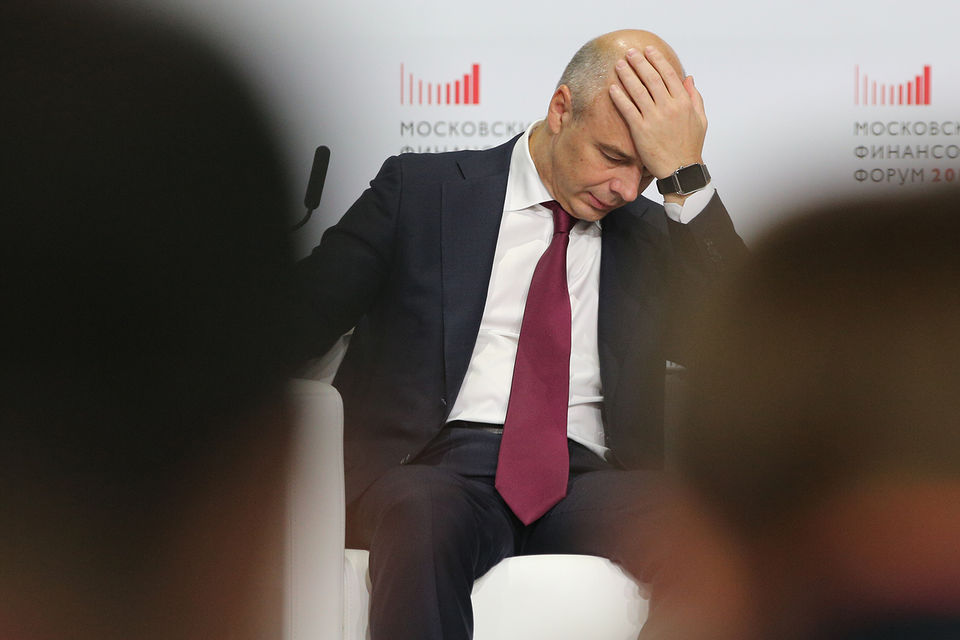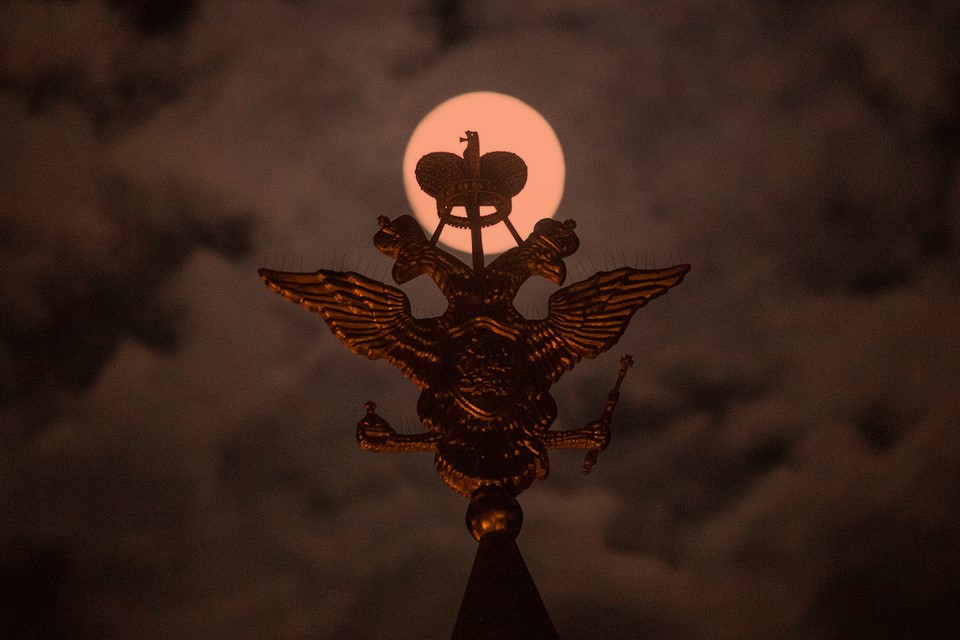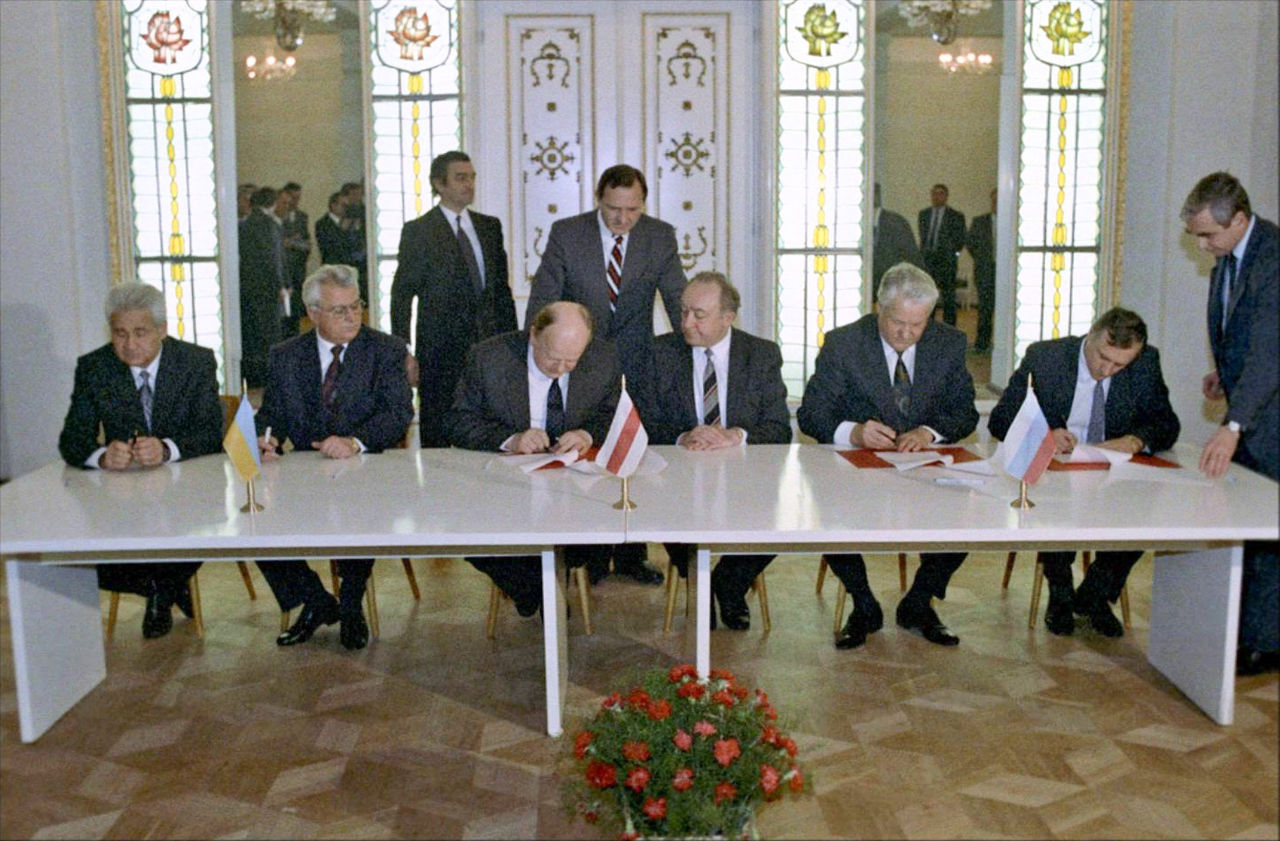The most important outcome of the Qarabagh war was not the defeat of Armenia, the victory of Azerbaijan
, the expansion of Turkish influence in the Caucasus or the demonstration of the role of drones in all future wars, Arkady Dubnov says. Rather it was that it has opened the way for Vladimir Putin to create “a post-Soviet space 2.0.”
That space, the Moscow commentator says, will include the unrecognized republics around the Russian periphery and some but not all the former Soviet republics. The remainder would be cut loose, “burdens” the Kremlin is not interested in assuming at least for the present.
“The results of the second Qarabagh war thus may be eve of a process of restoring a sufficiently structured space” that will go much of the way to reversing the disintegration of the USSR in 1991, a “geopolitical catastrophe” in Putin’s mind whose reversal he has made the central plank of his remaining time in power.
As a result, Russia “returned not as a loser in the region but as the beneficiary.”
Moscow’s “military presence” in the region, as the result of the agreement to allow for Russian peacekeepers in Qarabagh and along the transit corridors has increased “to 11,000” if one counts its forces already in military bases in Armenia, Abkhazia and South Ossetia. And it could easily increase further because there is no one to oppose it.
Dubnov suggests that “the Kremlin has been ready to use this” as much as it can. Last week, media reported that Moscow had begun to distribute Russian citizenship to Armenians in Qarabagh; and earlier, only two days after the November 10 declaration, Putin received Aslan Bzhaniya, head of the unrecognized Republic of Abkhazia
.
The Abkhaz leader had been seeking this meeting for eight months, but suddenly, Putin was ready to meet; and the two men signed an agreement which further integrates Abkhazia into the Russian Federation by eliminating restrictions on Russian ownership of industry and infrastructure there.
Kyrgyzstan might be another candidate if the elections there bring to power someone Moscow can count on. But if Bishkek continues to vacillate, Dubnov suggests, Moscow will refrain from trying to absorb it lest it acquire a burden it doesn’t want, at least under present circumstances.
What this means is that “the post-Soviet space 2.0” Putin is now working to build will not be about entire former Soviet republics but rather involve parts of them, something that raises the possibility that Moscow will try to promote more separatist movements possibly in Kazakhstan and elsewhere as well.
Read More:
- Putin’s talk about Russian lands in neighboring countries didn’t come out of nowhere
- Kazakhstan president lashes out at Russian suggestions Moscow ‘gave’ his republic land
- Russian disinformation in 2020: top embarrassing moments
- Ukraine looks for applicable lessons in latest Karabakh War
- Russia still hiding Stalin’s genocidal crimes against Finns and Norwegians after 80 years
- Baku’s success in using Turkish drones raises question: Could Ukraine use them against Russia in Crimea?
- Top pro-Kremlin fakes about Christmas 2020
- Who’s winning on the Ukraine-Russia historical narrative battlefield?





